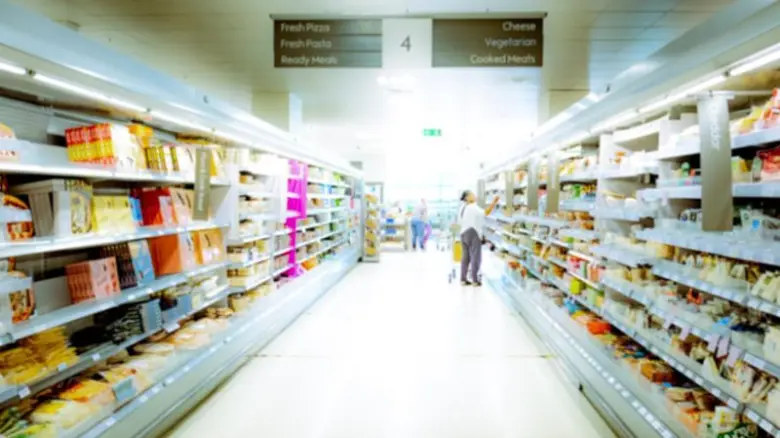
Bringing knowledge of trauma and its impacts into the mainstream
Last week we attended the launch of the ‘Young people and the future: Violent crime, risk and opportunity in uncertain times’ report. Commissioned by Co-op and led by Dr Emmeline Taylor, the report looks at violence and abuse towards shop workers, and the links between young people and social deprivation and inequality.
In 2019 Co-op released its ground-breaking ‘It’s not part of the Job’ report, which revealed the violence and abuse that shop workers face every day and the long term impacts. It also looked at the severity of increased incidents across the retail sector and the motivation behind violence and abuse.
Violent crime towards shop keepers increased by 9% across England and Wales in 2019. In the first 90 days of 2019 there were a reported 2,500 incidents across Co-op stores. Out of those 650 were violent incidents against shop keepers. The impact of this is increased anxiety, severe emotional distress and even Post-Traumatic Stress Disorder (PTSD).
Most shocking, despite being recognised as essential workers during the Coronavirus pandemic, levels of violence and verbal abuse towards shop workers has increased.
‘Young people and the future: Violent crime, risk and opportunity in uncertain time’ looks specifically at young people aged 15-25 and attempts to look at the reasons behind why they are involved in abuse and violence towards shop keepers – and more importantly, what can be done to change this.
The research indicates how many young people are affected by social deprivation, social disadvantage and inequalities. Something that’s become more detrimental due to the impact of Covid-19. This has a profound impact on their lives and can make them more susceptible to violence and exploitation. Something we see every day with our work with young Londoners, families and communities.
The report sets out several recommendations aimed at keeping shop workers safe, as well as what can be done to better support young people. These include:
- Trauma informed training and education of Adverse Childhood Experiences needs to become more mainstream.
- More services are needed for children and young people, and it is essential that children and young people are meaningfully engaged in the commissioning of these services.
- More targeted specialist support services for children and young people. With a specific focus on addressing the waiting lists and gaps in mental health and wellbeing provisions.
- Empower children and young people through peer to peer support.
- Address and explore high exclusion rates and low attendance in schools and academies.
- Recruit more community safety police who can work and build trust in local communities.
- Explore recruitment processes in the police, recruiting more Black and ethnic minority workers.
- Review Stop and Search protocol as there is a clear bias against Black and ethnic minority children and young people.

Trauma informed training needs to be brought to the mainstream.
In conclusion this report doesn’t highlight anything as an organisation we don’t know already. However, what this report does is bring these issues to light to a new audience. We commend Co-op for commissioning this research and looking at the causes behind violence and searching for solutions, rather than simply putting the blame on young people.
We fully support trauma informed training being brought to the mainstream. Our knowledge of trauma is at the foundation of our support. However, we know more needs to be done and that’s why one of our aims over the next five years is to become a fully trauma responsive organisation.
It is through our understanding of trauma and its impact and consequences, that we can better support young Londoners, families and communities to move onto positive lives.
Many of the young Londoners and families we work with are living lives impacted by social injustice and inequality. The environments in which they live, coupled with trauma they have often experienced in adolescent, makes them more susceptible to violence and exploitation.
More needs to be done to address the underlying drivers of violence and exploitation. It’s important that young people in London and beyond are part of the much needed conversations, so they are seen as part of the solution and not the problem.
Read the report
CLICK HERE